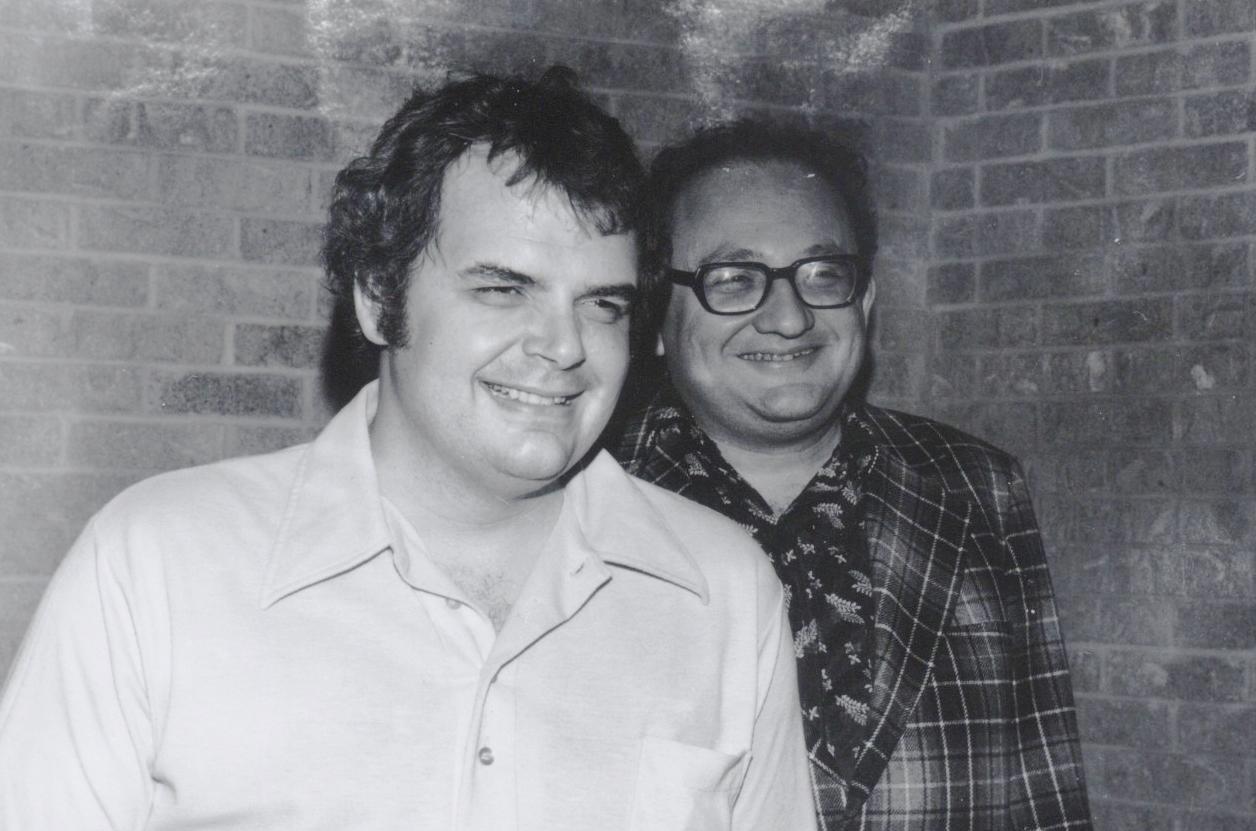In 1998, longtime partners Bob Hamman and Bobby Wolff called it quits. Here is the story written by Brent Manley that appeared in The Bulletin that year:
For nearly three decades, Bob Hamman and Bobby Wolff have made up one of the most feared partnerships in the world. When the Vanderbilt Knockout Teams ended at the Spring NABC in Reno last month, the two went separate ways.
Both players said the breakup had been in the works for some time, despite an amazing run in the Nineties that included four straight wins in the Spingold Knockout Teams and three straight wins in the Reisinger Board-a-Match Teams with the squad sponsored by Nick Nickell.
“We sort of decided it’s time to move on,” said Hamman. “We’ve lost a few steps.”
The two agreed that the partnership had become stale and that the philosophical differences as to bidding style contributed significantly to the move, which was initiated by Hamman.
Plans are for Hamman to stay with the Nickell Team and play with Paul Soloway, a former partner and teammate from the fabled Aces teams. Wolff’s future is less certain. “There are some possibilities,” Wolff said in late February, “but I’m not thinking about them now.”
Wolff said he was surprised by the move, especially considering the team’s success of late. The Nickell Team – including Richard Freeman, Jeff Meckstroth and Eric Rodwell – finished second to France in the 1997 Bermuda Bowl in Hammamet, Tunisia. They won the title in 1995.
“In Hammamet,” Wolff said, “the team won every match in the round-robin that Bob and I played, and we were plus IMPs in the quarterfinals, semifinals and final for all sets we were in. The French simply outplayed us. Our record isn’t perfect, but we don’t take a back seat to anyone.”
Certainly the Nickell team’s record in the Nineties is phenomenal. Besides bringing home the 1995 Bermuda Bowl, the squad – anchored by Hamman and Wolff – won the Spingold in 1993, 1994, 1995 and 1996 and the Reisinger, arguably the toughest event in bridge, in 1993, 1994 and 1995.
Between them, Hamman and Wolff own 19 world championships, including seven Bermuda Bowl victories and a World Team Olympiad title. The won the World Open Pairs together in 1974 and were partners and teammates in 1988 on the only U.S. team to win the Olympiad. Wolff also won the World Mixed Teams in 1972.
Wolff was an original member of the Aces, the professional team put together by Ira Corn in 1968.
Hamman joined the squad in 1969, and he and Wolff began playing together in 1972.
Hamman, No. 1 in World Bridge Federation player rankings since 1985, claims the differences with Wolff about the bidding have always been there but he recently has seen changes in his own game that called for a new direction. “I haven’t been playing all that sharp,” Hamman said. “At one time, we were an overpowering pair. We’re not any more. I want to take a little more theoretical approach and less running off tackle and daring them to stop me.”
To Wolff, “theoretical” translates to “artificial”, and he wanted no part of that. “It’s not that I’m lazy or don’t want to improve our bidding,” Wolff said, “but I think an artificial system would have severely hurt our partnership.”
Hamman and Wolff play a strong 1♣ system with four card majors. Although initial responses to the 1♣ opening are artificial, showing controls, virtually the rest of the system is natural.
Interestingly, Hamman wrote a strongly worded piece for the Daily Bulletin (http://web2.acbl.org/nabcbulletins/1997fall/db10.pdf) during the 1997 Fall NABC in St. Louis extolling the virtues of a primarily natural bidding system, using the French Bermuda Bowl champions as examples of success with that style. Hamman’s treatise, however, was aimed more at what he considers destructive bidding.
Such issues aside, Wolff said he was chagrined at the developments and at a loss to understand what happened. “It’s mystifying to me the illusions some people have about success or failure,” he said.

